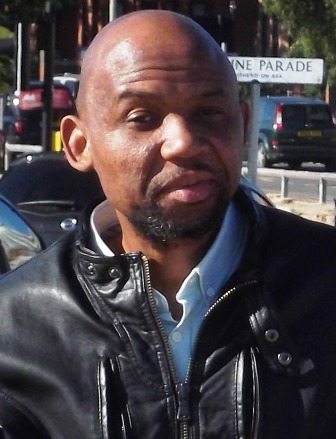By: FEMI OWOEYE
Honourable Minister of Trade, Industry and Investment, Olusegun Olutoyin Aganga, has suffered clouds of criticisms, especially regarding the new auto policy and its contents. Of course most of such criticisms are quite justified.
Some said implementation of the auto policy was too hasty. Absolutely right.Others thought it’s being done to favour industrialists and punish motoring public. In away, yes. But while I will not score President Goodluck Ebele Jonathan’s regime 20 per cent in terms of fulfillment of electoral promises, I admire Aganga’s courage. And I should think he has made a vital point. Telling forgetful and ignorant minds that automobile industry, being one of the world’s largest employer of labour, is too important to have been slaughtered on the alter of corruption.
Although the new auto policy is bedeviled with lots of imperfections, at least, actions are now being taken towards reviving a vital industry, which had been left in the limbo for decades. Apart from the survivors of the old order, especially Peugeot, automobile manufacturers are now being encouraged to create jobs in Nigeria, at least on papers. But come to think of it, for how long has Volkswagen closed down and dumped its workers on freezing street of unemployment? The same factory has now been recovered from rats and snakes and being utilized for its original purpose, courtesy of Stallion Motors.
The nation’s environment was not and is still not right for an industry as gigantic as the auto industry to thrive. A serious government would have started earlier, at least four years ago not a year before a general election, an action which is easy to be read as political deceit. But we gathered Aganga did not just start putting together the policy. What delayed its implementation till now is lack of political will from the top.
Yes, things not in order. But Aganga had only two choices. It’s either to, like a woman about to deliver a baby, push hard to deliver or give in to being pushed into operation theatre. Doing nothing could lead to death of precious mother and child.
Aganga understands how things work in developed world. Though as difficult as trying to pull a tooth under a regime like GEJ, the minister knows the right thing to do to move the nation’s economy forward is to give a voice to the great auto-making industry . Even when he knew quite well that the nation has got no electricity. No Petro-chemical. No steel Rolling mill. Vital infrastructures which politicians has played down over the years. In a way, Aganga got the present and incoming government committed by making a pronouncement. Examples are refineries he promised but which never happened.
But regarding the auto industry, Aganga has proved a point. After decades of abandonment, automobile industry is now back on discussion table. The history page of auto policy his ministry opened is what whoever wins the next election cannot afford to close. He has pushed the project so far that it’s now in the sub-conscious minds of Nigerians that there is an important industry that could feed our starving economy.
However, there are series of questions bothering the minds of many Nigerians, regarding content and implementation of the policy. Apart from Peugeot, what is the ratio of expatriates to indigenous employees? Why is it that importers of used cars are to be levied 70% before assembly plants’ full take-off? How does that benefit assemblers, who already enjoys import duties advantages ranging from zero to 10 per-cent duty on knocked down parts, plus freedom to bring in two new cars for one assembled locally at 35 per-cent duty? How affordable are Aganga’s made-in-Nigeria cars? How many vehicles have been manufactured since last year and how many FBU have been imported? I am digging for answers to the foregoing questions.
This is mere prologue to Scratching the Automobile policy beyond its surface.
Next week, I hope to scratch deeper. Hoping to get some words from the Minister.





